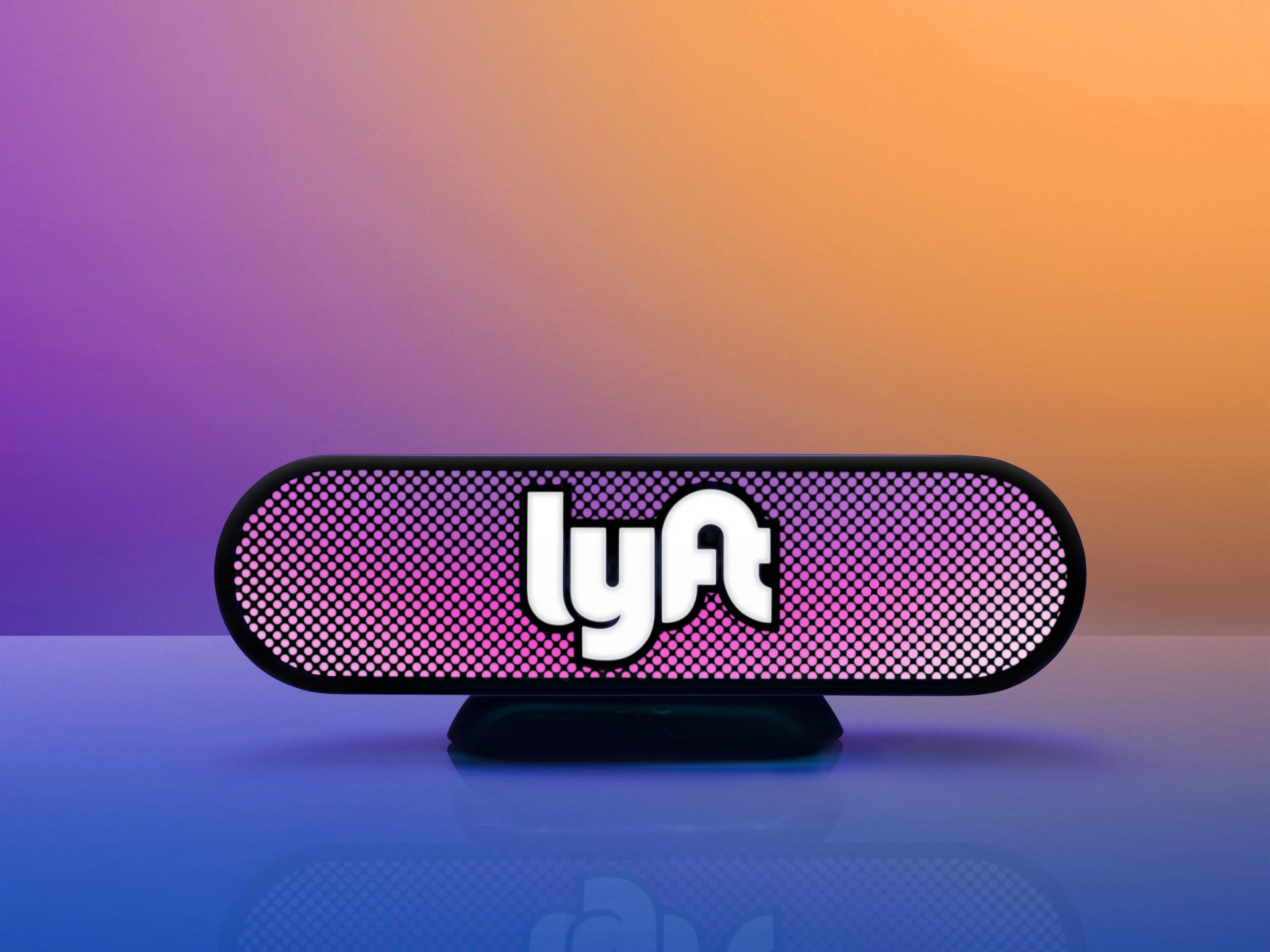
Case Study: Improving the Driver Deactivation Experience
Context
A majority of drivers (85-90%) who are temporarily deactivated for Trust & Safety reasons ultimately get reactivated.
Drivers felt the deactivations process was:
Unclear
Unfair
Regularly used as retaliation
Lacking in communication
Cross-functional Partners
Goal
Offer clear, simple, and direct information to help drivers quickly grasp important points and take action. Focus on key details and practical steps to improve communication, decision-making, and efficiency.
Original primary notification
Drivers saw this notification only as they went online to start their day. Until that moment, they had no indication that they wouldn’t be able to earn through Lyft.
Updated notifications
By initiating outreach immediately, we gave drivers instant awareness and a clear next step to help them regain a sense of control during a stressful, unexpected situation.
Once in the app, they saw a transparent timeline of next steps and a comprehensive FAQ section designed to address their concerns quickly and clearly.
Refining the tone
Because drivers were rapidly losing money while waiting for the outcome of the deactivation, striking the right tone was incredibly important. Working with my UXR partners, we tested several variations of tone until we found the perfect balance.
Ultimately, we ended up striking a balance of these two tonal directions

Results
Lyft gained 101k driver hours due to faster reactivations
Support costs were cut by 17.5%





